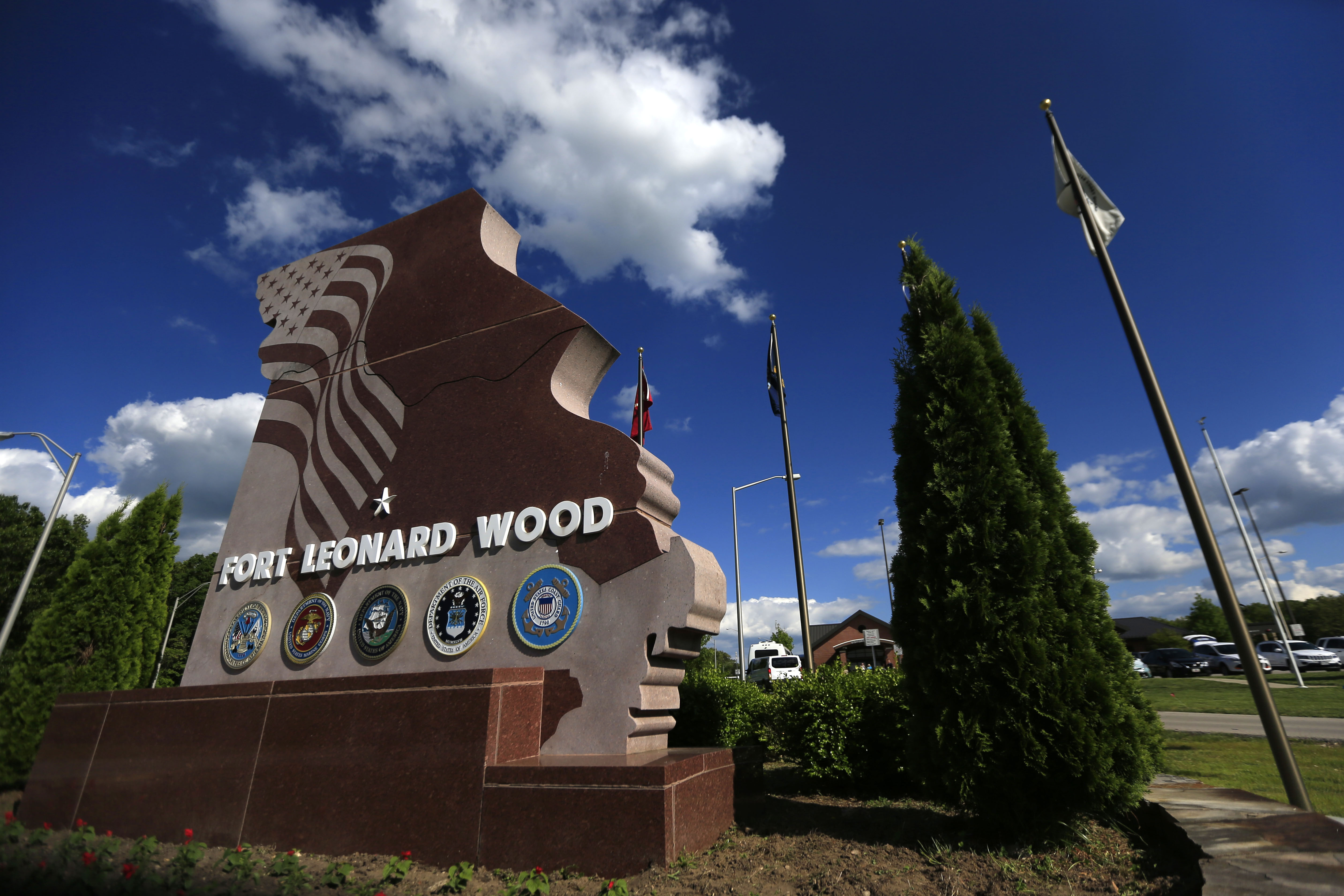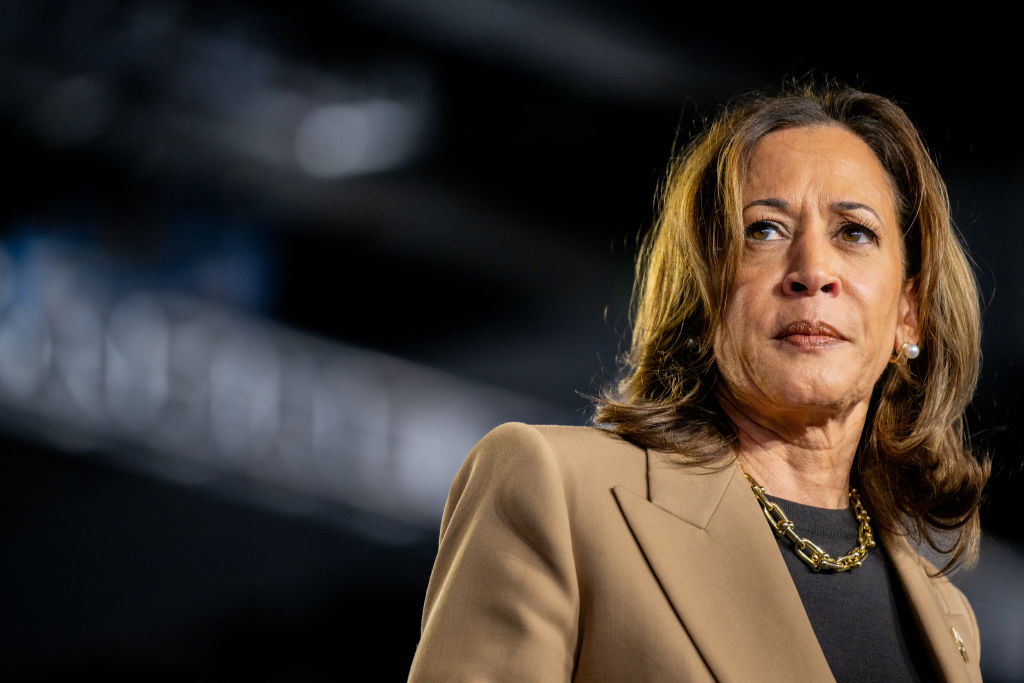A Florida appellate court was asked Tuesday to decide whether Casey Anthony was in police custody when she made statements that led to her being convicted of four counts of lying to law enforcement officers.
Anthony's attorneys appealed the misdemeanor convictions on the grounds that her statements were inadmissible at her murder trial since she hadn't been read her Miranda rights, which warn suspects that they can remain silent and that their statements can be used against them in court. The three judges on the Fifth District Court of Appeals didn't rule Tuesday.
For full U.S. news coverage, visit NBCNews.com.
Anthony was acquitted in 2011 of murdering her 2-year-old daughter, Caylee.
After Caylee disappeared in the summer of 2008, Anthony told investigators that a babysitter named Zenaida Gonzalez had kidnapped her daughter, that she worked at Universal Studios, that she had told co-workers about Caylee's disappearance and that she had recently received a phone call from her daughter. All of the statements were lies and were the basis for her misdemeanor convictions.
Anthony's attorneys argued that because Anthony had been handcuffed and placed in a squad car, she was effectively under arrest and should have had her Miranda rights read to her. They also argue that her convictions on four similar charges stemming from a single encounter with police represent double jeopardy — violating constitutional protections against being punished multiple times for one offense.
"There is no evidence that anyone said, 'You are not free to leave,' but there certainly is no evidence that anybody said, 'You are free to leave,'" Lisabeth Fryer, one of Anthony's attorneys, told the judges.
U.S. & World
Attorneys for prosecutors argued that the trial judge was correct to allow the statements to be used. They said that Anthony only was handcuffed because her mother thought she would flee and not help them try to locate Caylee. They also noted that a supervisor ordered a detective to take the handcuffs off Anthony a few minutes later.
During the half hour hearing, the judges' questioning focused on whether Anthony was in police custody when she was questioned by detectives at her home and later at Universal Studios where she took investigators, claiming to work there.
"A classic, textbook interrogation was going on," said District Judge Vincent Torpy. "The only question is whether she was in custody, right?"
Assistant Attorney General Wesley Heidt responded, "If she's not summoned and she's asked to come, she does it voluntarily."
The appellate court's decision could affect how Anthony testifies in a civil lawsuit. A woman with the name Zenaida Gonzalez sued Anthony, claiming her reputation had been ruined. Anthony has used the pending appeal to delay questioning in the lawsuit. The trial over the lawsuit has been postponed indefinitely until the appellate court rules.



